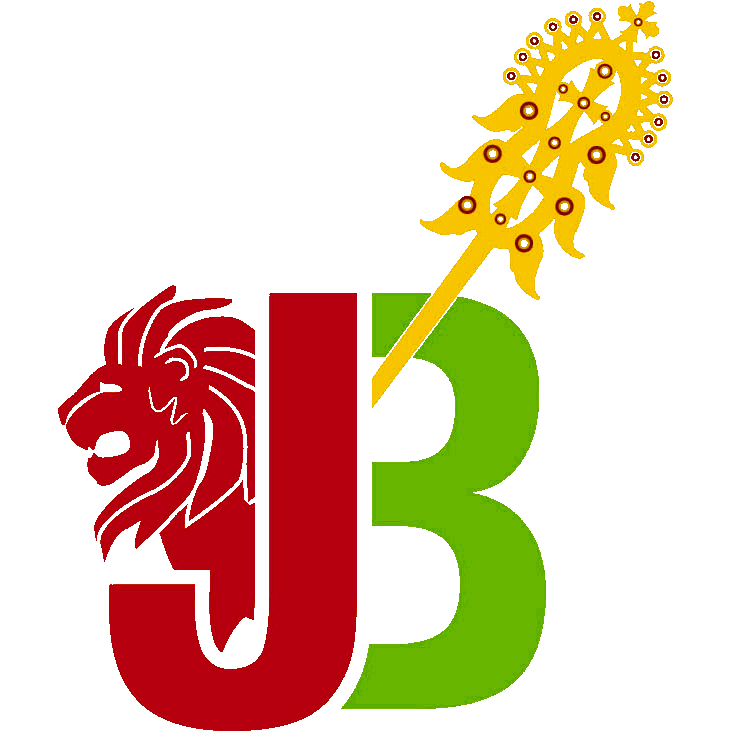JeSuisCharlie filled the news and twitter feeds this time last year.
 One year ago, on January 7, 2015, gunmen killed 12 people in an attack on the Paris offices of Charlie Hebdo. And, in their anniversary edition they say: “1 Year Later: The Assassin is Still out There.”
One year ago, on January 7, 2015, gunmen killed 12 people in an attack on the Paris offices of Charlie Hebdo. And, in their anniversary edition they say: “1 Year Later: The Assassin is Still out There.”
In the drawing, the magazine charges God with mass murder. And frankly, that’s their free choice to do. Yet through JeSuisCharlie and the subsequent sentiments engendered, the problem becomes a shared/societal problem.
A month before the shootings, Charlie Hebdo was close to shutting down as sales had dipped below 30,000. Its brand of provocative, no-holds-barred humour appeared to have gone out of fashion.
A month before the attack, the market had determined that Charlie Hebdo was unwanted and undesirable. The magazine was on the verge of closing. Yet within one year:
Subscriptions have soared to more than 200,000 from about 10,000. Donations have multiplied, from Google, the French government, and sympathizers across the world. One Web site garnered close to $2 million through the contributions of 24,500 individuals. As a result, Charlie Hebdo, irreverent mocker of all forms of power, reportedly finds itself sitting on more than $33 million in cash, a once unthinkable sum. (see here for more)
How did the tables turn? How did a magazine that was undesirable in one issue, see a 13,000 percent increase in sales for their next issue? Did they change their style and philosophy?
JeSuisCharlie and I am hear to offend you
Charlie Hebdo is still offensive. Moreover, the magazine has become the standard bearer of the “right to offend.” And countless people declared their solidarity with those who celebrate being offensive. And the Society and Culture that celebrates offending others has the audacity to “defend secularism” and accuse God of being the assassin that has afflicted the world with terrorism and mass murder.
So what does it mean that “(you are) Charlie?” This is the irony that confronts our hero worship and the movements we support.
Tragedy is tragedy, it does not discriminate. And truly, the attack at the offices of Charlie Hebdo was a tragic event. Yet, how does standing against one tragedy require supporting another tragedy? Why does a bastardized interpretation of the Word of God require us to support, cherish and celebrate blasphemy?
We cannot stand against what is wrong by embracing something else wrong. We can only stand against evil by standing against evil. As momma would say, “two wrongs don’t make a right.”
The anniversary of the attacks on Charlie Hebdo brings to life the ironic witness of our social condition. We are a people who will stand up against what is wrong by brazenly celebrating what is wrong…and that is tragic, isn’t it? Or did I misunderstand…? What does JeSuisCharlie mean to you?







